Veganism
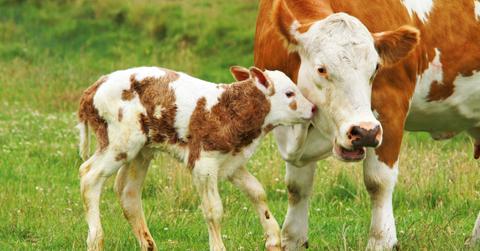
There are so many benefits to the vegan lifestyle — not only will you be making a positive impact on animals and the environment, but you may also experience improved health, reduced risk of disease, a stronger connection to animals, a new passion for justice, and so much more.
Read on to learn all the basics about veganism, as well as answers to some of the most commonly-asked questions about the vegan lifestyle.
What is veganism?
As defined by the Vegan Society: “Veganism is a philosophy and way of living which seeks to exclude — as far as is possible and practicable — all forms of exploitation of, and cruelty to, animals for food, clothing or any other purpose.”
Basically, vegans try to avoid the use of animal products whenever possible. This primarily manifests itself at mealtime, when vegans avoid meat, dairy, eggs, and other animal-based products, and instead eat a plant-based diet, made up of fruits, vegetables, grains, and nuts, as well as comfort foods like pasta, bread, chocolate, pastries, and candy, many varieties of which are vegan.
Because society uses animals for so many applications, the vegan lifestyle also extends to other facets of life, such as fashion, beauty, and entertainment. Veganism encourages people to buy cosmetics and cleaning products that have not been tested on animals (those that are labeled cruelty-free), to buy animal-free fabrics (avoiding leather and wool, for example), and to boycott places that use animals for entertainment, such as zoo, aquariums, and certain circuses.
Veganism is a social justice movement.
Veganism is often mislabeled as a diet — and while eating a vegan diet is a large part of the vegan lifestyle, there’s so much more to being vegan than eating plant-based food. Veganism is a social justice movement that fights for the rights of animals who are exploited and abused by the animal agriculture industry.
Every day, 200 million land animals around the world are killed for food — per year, that’s about 70 billion land animals killed, plus trillions of fish. Most of these land animals (primarily chickens, cows, pigs, turkeys, goats, and sheep) are raised on factory farms in terrible, unhygienic, cramped conditions. They are brought into the world only to live a short, horrible existence, and then killed. Many vegans see this as an injustice, and not only want to abstain from supporting the industry themselves, but to put an end to the cruel and environmentally destructive industry altogether.
Are vegans and vegetarians the same?
What’s the difference between vegans and vegetarians? Generally, vegetarians do not eat animal-based meat, just like vegans. However, vegetarians typically do eat eggs and dairy products, and the label only affects their diet, and they are not as concerned with boycotting animal exploitation as vegans are.
Being vegetarian is a great stepping stone to veganism, but the lifestyle still does support animal exploitation in several ways — so if you've gone vegetarian for animals or the planet, you could improve your impact greatly by considering veganism.
Is going vegan good for the environment?
According to a 2018 study out of the University of Oxford, being vegan is one of the most impactful lifestyle choices humans can make to benefit the environment.
“A vegan diet is probably the single biggest way to reduce your impact on planet Earth, not just greenhouse gases, but global acidification, eutrophication, land use and water use,” lead researcher Joseph Poore told The Guardian. “It is far bigger than cutting down on your flights or buying an electric car,” he added, because those actions only reduce greenhouse gas emissions.
Vegan and environment facts and statistics:
According to CulinarySchools.org, a vegan diet requires about 300 gallons of water per day, while a meat eater’s diet requires 4,000 of gallons of water per day. Additionally, not eating one pound of meat would save more water than if you didn’t take a shower for 6 months — so going vegan is a great way to reduce your water consumption and reduce your contribution to droughts.
Animal agriculture also uses up far more land than most people realize — it takes up about 30 percent of the Earth's land mass. If the entire world were to start eating vegan diets, global farmland use could go down by a whopping 75 percent, according to the University of Oxford study.
Statistics regarding animal agriculture’s contribution to global greenhouse gas emissions vary, but according to a widely-cited 2006 study by the UN’s FAO, animal agriculture produces about 18 percent of global greenhouse gas emissions, making it the second-most polluting industry on Earth.
Why go vegan for animals?
In the animal agriculture industry, animals are treated as commodities (they’re even called livestock). Documentaries like Dominion and Earthlings share undercover footage from the meat, dairy, and egg industries, shining a light on just how horribly animals are treated before they make it to your plate.
Most humans can be perfectly healthy on a vegan diet (more on that below), and there are endless plant-based alternatives to every animal-based meal — so why pay for the abuse of animals when it’s just not necessary?
Vegan animal sanctuaries rescue farmed animals.
Animal sanctuaries are places that rescue farmed animals from situations of abuse, neglect, or near-death situations, and give them lifelong sanctuary. On animal sanctuaries, the residents are given plenty of space, proper medical care, and the opportunity to live out their life in peace.
There are animal sanctuaries located all over the world, many of which allow visitors to come on tours and meet the animals in exchange for a requested donation. One sanctuary, Michigan’s Barn Sanctuary, was the subject of the Animal Planet series Saved by the Barn.
Is a vegan diet healthy?
Like with any other diet, it depends exactly what food you’re eating to determine if it’s healthy. But generally, a vegan diet is free of cholesterol and hormones (which are only found in animal products), lower in saturated fat, and higher in fiber and other nutrients (especially if you focus on eating whole, unprocessed foods), as compared to a meat-eating or vegetarian diet.
Well-balanced vegan diets have been proven to prevent, treat, and even reverse the U.S.’s No. 1 killer, heart disease, as well as type 2 diabetes, high blood pressure, and obesity, according to renowned plant-based MD, Dr. Michael Greger of NutritionFacts.org.
Every nutrient humans need can be found on a vegan diet. For example, protein is often associated with meat; however, in nature, protein actually originates in plants. The reason meat contains so much protein is because the animal you’re eating, ate plants. To learn more about this, and other nutrition-related myths surrounding veganism, you can check out the documentary The Game Changers.
How to find vegan recipes:
One of the most exciting parts about adopting a vegan lifestyle is the food! Luckily, the internet is filled with vegan recipes for any dish you can imagine — a Google search should help you locate whatever you are looking for. Many of your favorite dishes from the past can also easily be veganized by swapping out ingredients for vegan alternatives, and you also may be surprised to find that there are vegan or vegan-friendly restaurants in your area.
We also share plenty of vegan recipes on Green Matters.
Should vegans take omega-3 or other supplements?
There are no nutrients you can’t get on a plant-based diet — but there are a few that can be supplemented with vitamins, to ensure you are at your optimal health.
While omega-3 supplements are not necessary for everyone, Dr. Greger of NutritionFacts.org believes everyone can benefit from eating a plant-based diet supplemented with a contaminant-free, algae-derived (not fish oil) EPA and DHA omega-3 supplement.
Omega-3 can be found in plant-based foods such as flaxseeds, chia seeds, walnuts, and certain greens — but the body can more readily absorb this nutrient from a plant-based supplement.
Experts also recommend that vegans take a vitamin B12 supplement. While B12 is often associated with meat, it is actually not made by animals — it is made by microbes in the soil, NutritionFacts.org explains.
Due to the ways humans have treated the soil over the years, the soil no longer contains much B12, so humans need to get it via supplementation. Though some vegan foods are fortified with B12, Dr. Greger (and many others) recommends getting your daily B12 via a vitamin.
Even though some people claim they eat meat “to get B12,” the only reason the meat contains B12 is because factory-farmed animals’ feed is supplemented with B12 — so they are just filtering their B12 through the animal's flesh.
Vegan, cruelty-free makeup is easy to find.
Transitioning your collection of makeup, haircare, skincare, and home care products to be completely vegan and cruelty-free is so easy these days, as numerous brands are certified cruelty-free (meaning they do not test on animals) and offer vegan products (meaning the products are free of vegan ingredients). Blogs such as Logical Harmony, Ethical Elephant, or Cruelty-Free Kitty are great places to discover cruelty-free brands; alternatively, you can simple google “is [brand] cruelty-free?” to find out if your favorite companies abstain from animal testing.
While animal testing may conjure images of lab technicians applying blush to guinea pigs, unfortunately, the reality is far more cruel. In the cosmetics testing industry, chemicals are poured into the eyes of animals, on their skin, and even down their throats. After tests are complete, the animals are killed.
Who is That Vegan Teacher?
That Vegan Teacher is a TikTok account with 1.2 million followers. Run by a vegan educator and activist Miss Kadie, the account aims to “help animals and all who are oppressed.” Miss Kadie has gone viral during 2020 for her videos — but she has also had additional viral fame for making some controversial comments, such as stating that she would not donate her organs to meat eaters.
Don't let controversial vegans scare you away from researching more about the animal agriculture industry — going vegan is an amazing choice for animals, the environment, and yourself.
Latest Veganism News and Updates
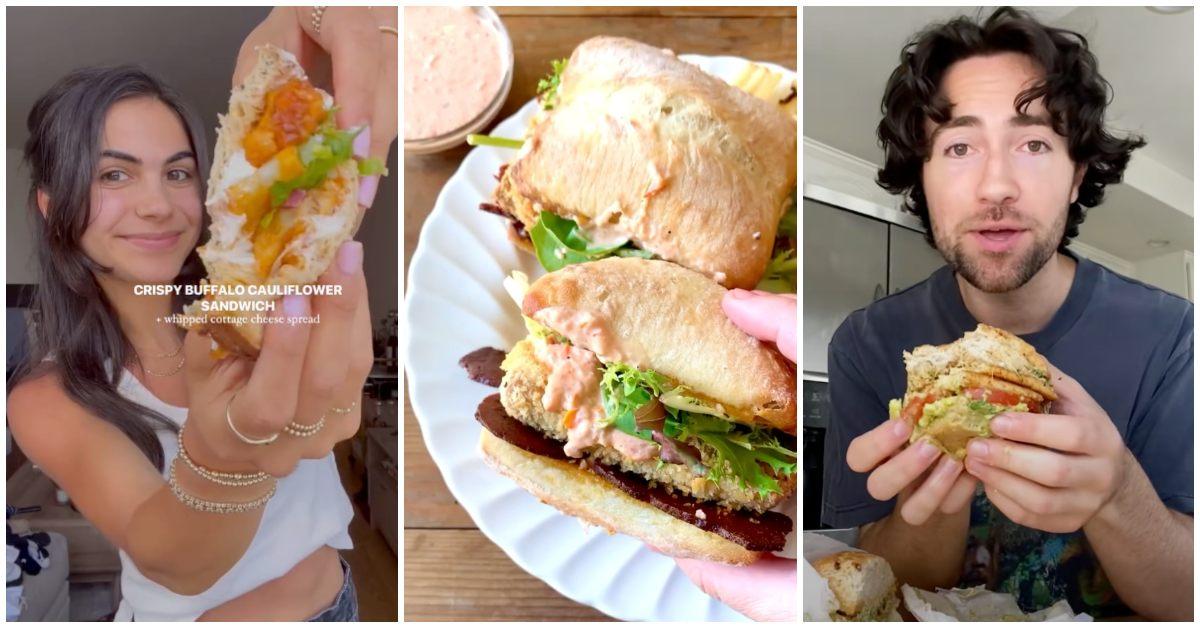
These Vegan Sandwich Ideas Will Revolutionize Your Daily Lunch
Whether you're meal planning for the week or simply trying to figure out what to make for lunch, these vegan sandwich ideas are perfect.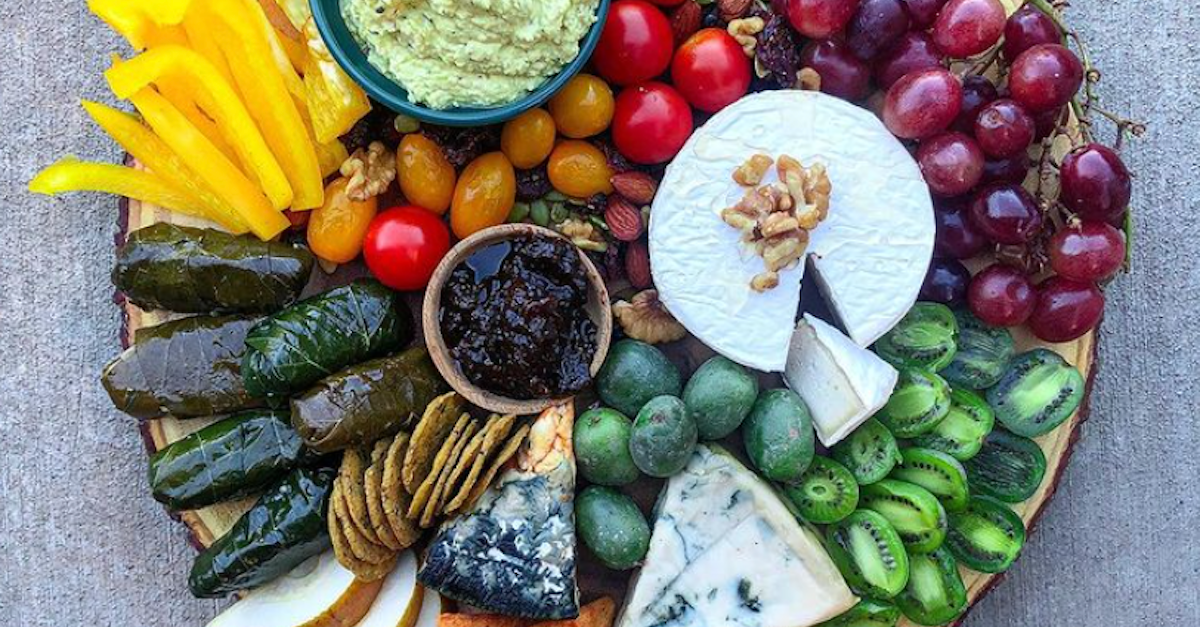
Yes, Vegan Charcuterie Boards Exist — Here Are Our Favorite Plant-Based Staples
If you're hosting a party, no celebration is complete without a vegan charcuterie board, and these necessities will make it truly delicious.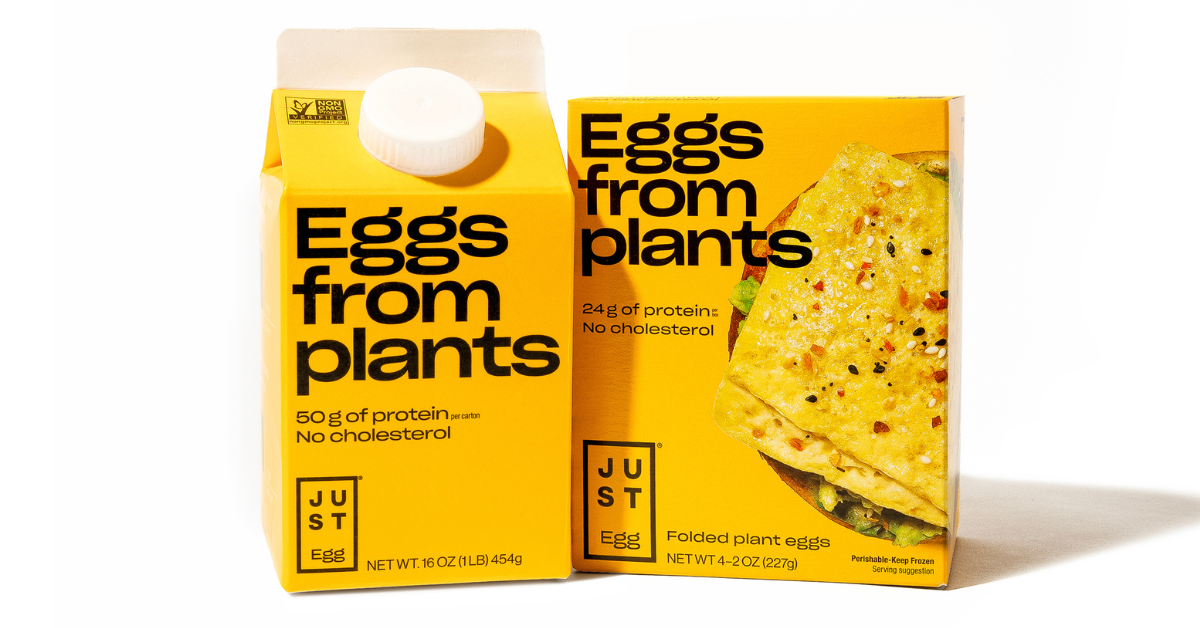
Fight Egg Surcharges, and Try the Vegan Just Egg (Coupon Inside!)
Just Egg offers itself up as a good alternative for those looking to beat rising egg prices.
Can a Vegan Diet Really Improve Your Eyesight? Here's What Some Studies Say
If you are struggling with your vision, some researchers believe there is merit to consuming vegan foods to boost the strength of your eyesight.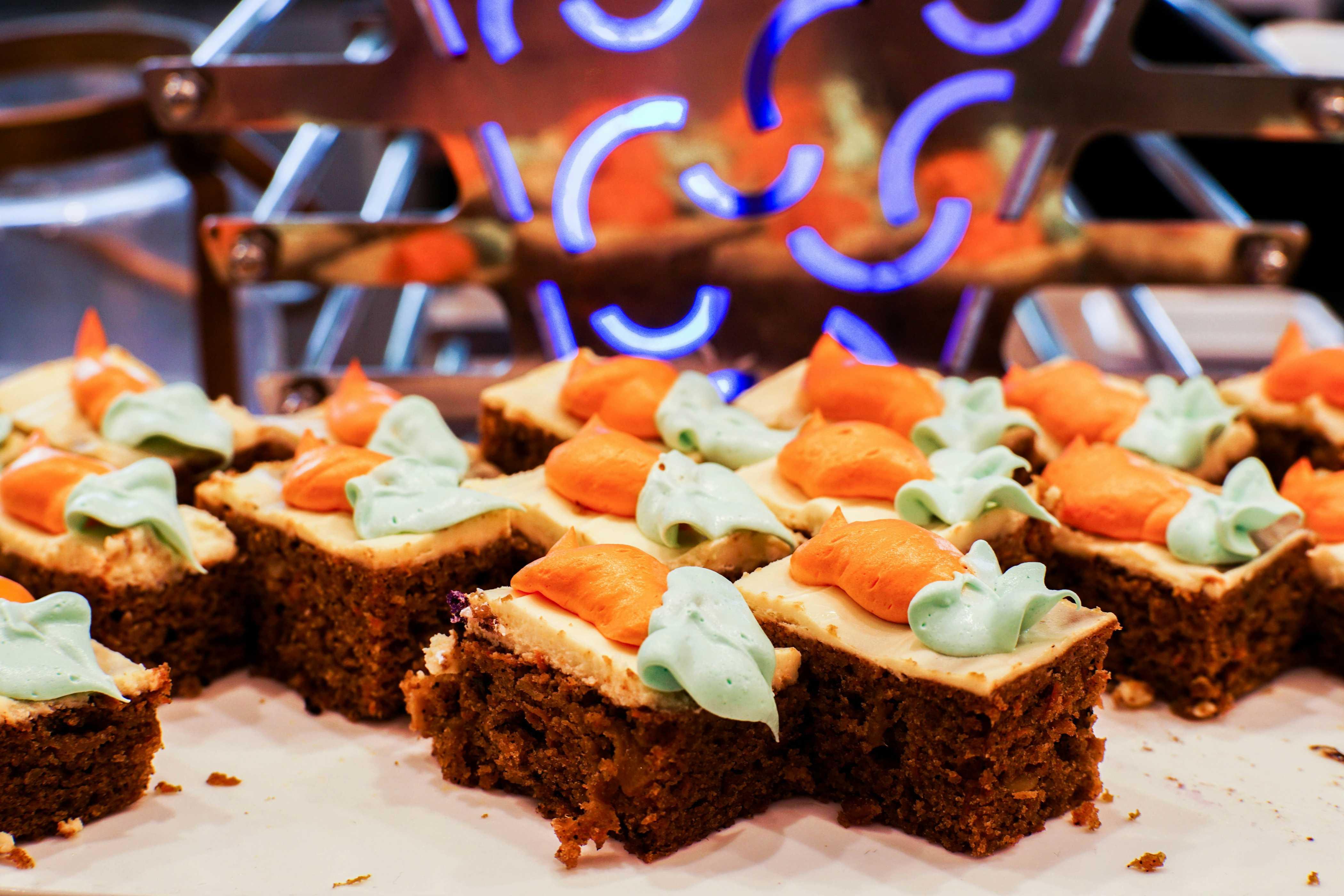
7 of the Best Vegan Carrot Cake Recipes to Satisfy Your Sweet Tooth
If you enjoy the sweet taste of carrot cake, you are in for a huge treat with these delectable vegan recipes.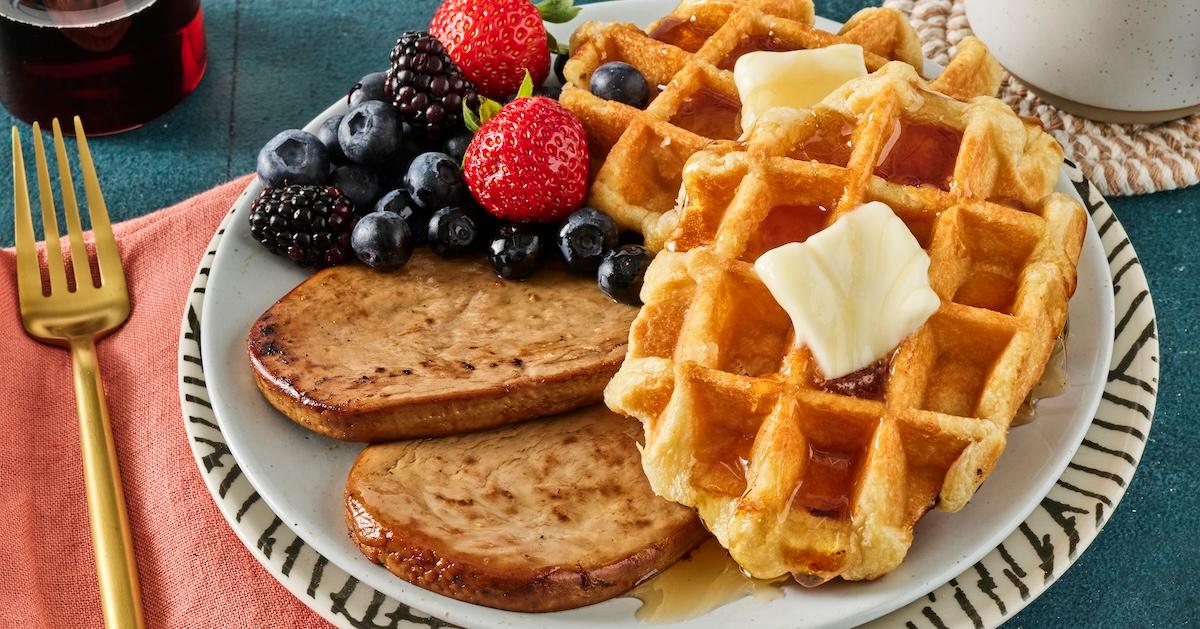
Here Are the 5 Best Vegan Breakfast Sausages
There are many vegan-friendly brands that have entered the marketplace for conscious consumers seeking ethical alternatives to animal meat.
These Vegan Valentine's Day Chocolates Will Help You Celebrate With Extra Compassion
Whether your partner is plant-based, or if you're looking for a cruelty-free option, these vegan Valentine's Day chocolates are the perfect present.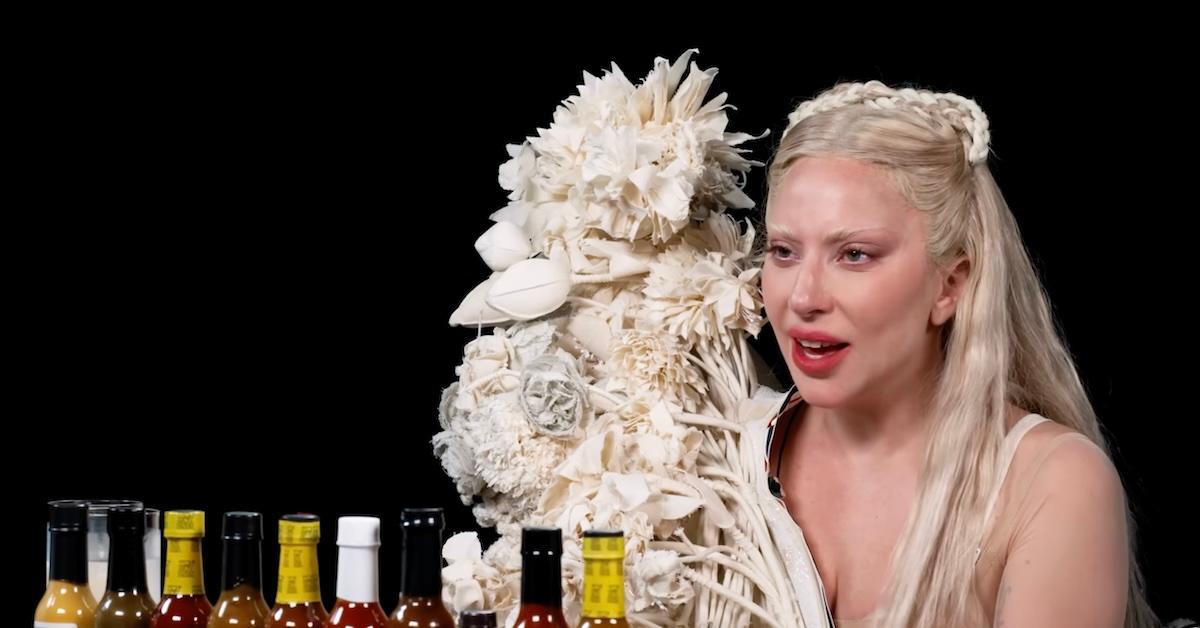
Paul Rudd, Lady Gaga, and All the Celebs Who Ate Vegan on ‘Hot Ones’
A number of celebrity guests have opted for plant-based chicken wings on the competitive eating series, 'Hot Ones.'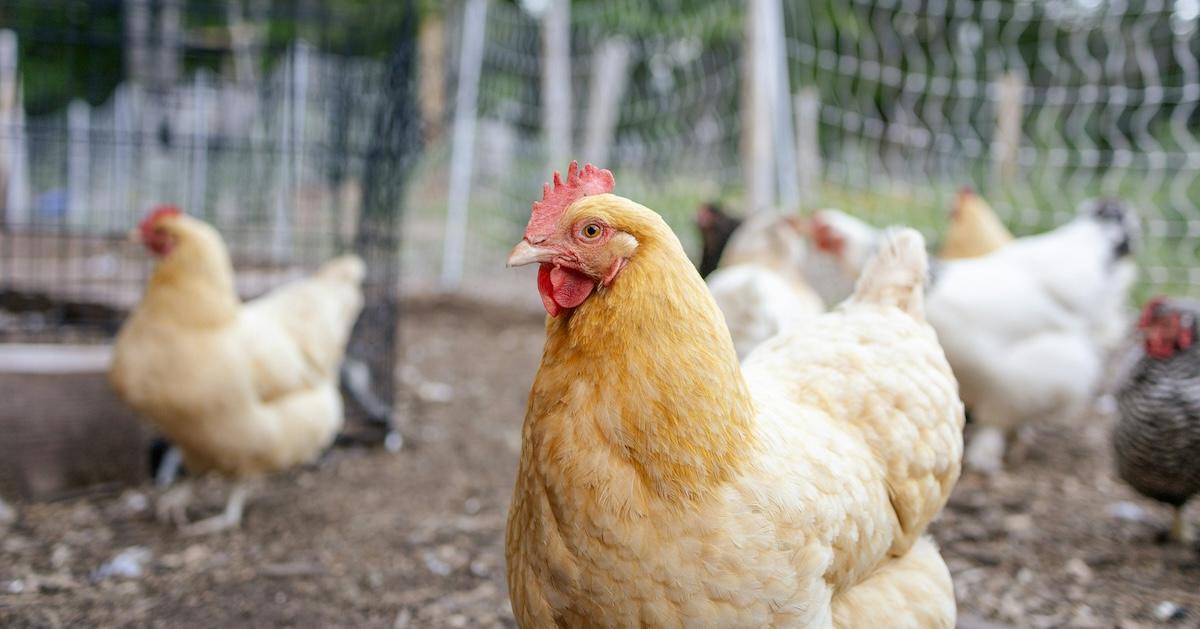
How Many Eggs Should Hens Actually Lay? What’s Happening in Factory Farms vs. Nature
Humans have bred and manipulated hens to lay eggs far more frequently than they would naturally.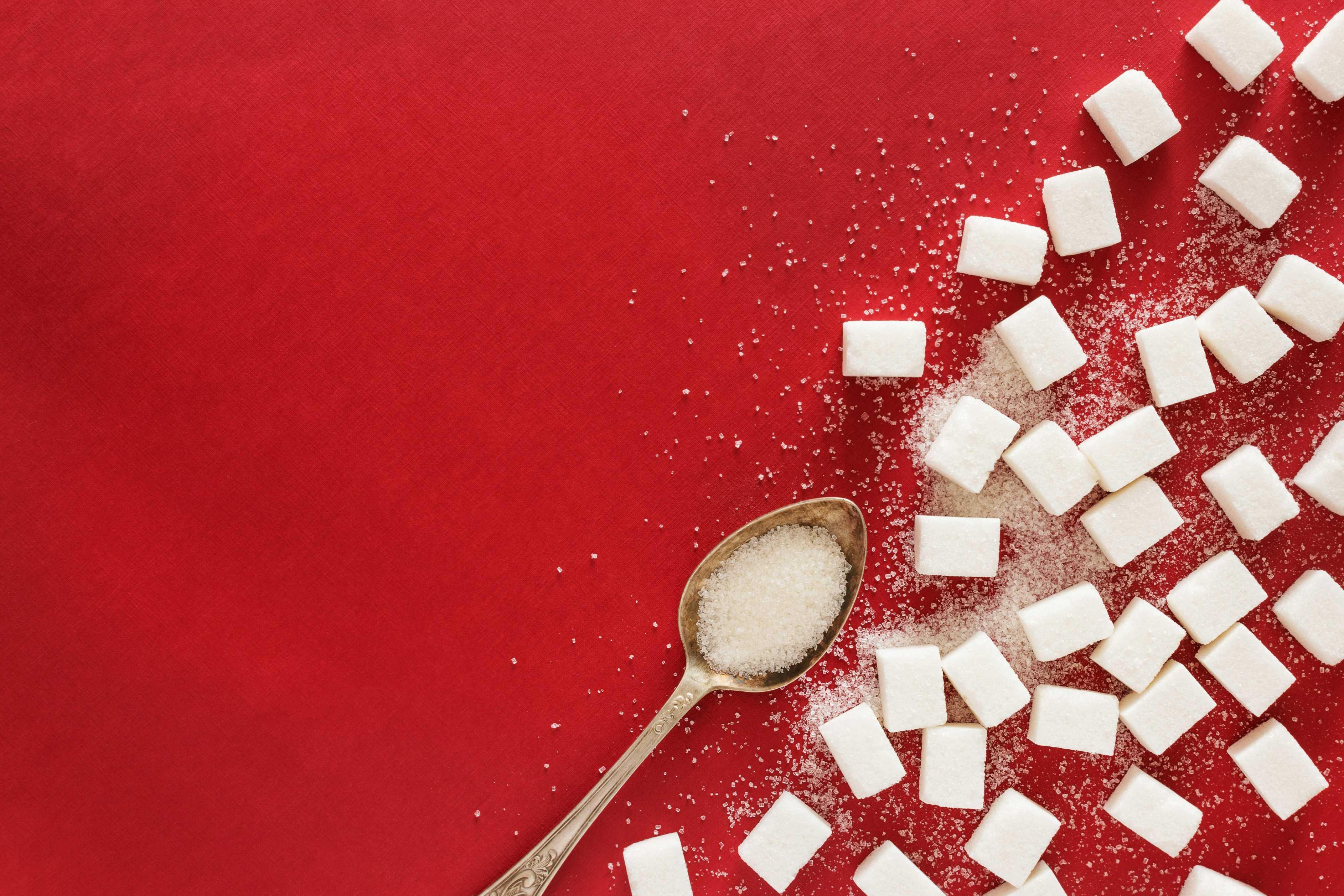
Avoid Hidden Horrors in Your Food: How to Check for Bone Char-Free Sugar
Not all sugar is processed through means utilizing the charred remains of animals, but unfortunately, some brands are.
Girl Scout Cookies Have Six Vegan Offerings in 2025 — What To Know
If you're a plant-based eater with a sweet tooth, Girl Scout Cookie season might be your Olympics. Here's what to know about the six vegan flavors of 2025.
Meatless Thanksgiving Main Dishes That Your Guests Will Seriously Love
Whether you're avoiding the turkey for Thanksgiving this year, or if you're catering to meatless guests, serve these vegan Thanksgiving main dishes.
Thanksgiving Instagram Captions to Show Off Your Vegan or Zero-Waste Turkey Day
Looking for an Instagram caption for your vegan or zero-waste Thanksgiving meal? We've rounded up some funny, thought-provoking, and clever ideas!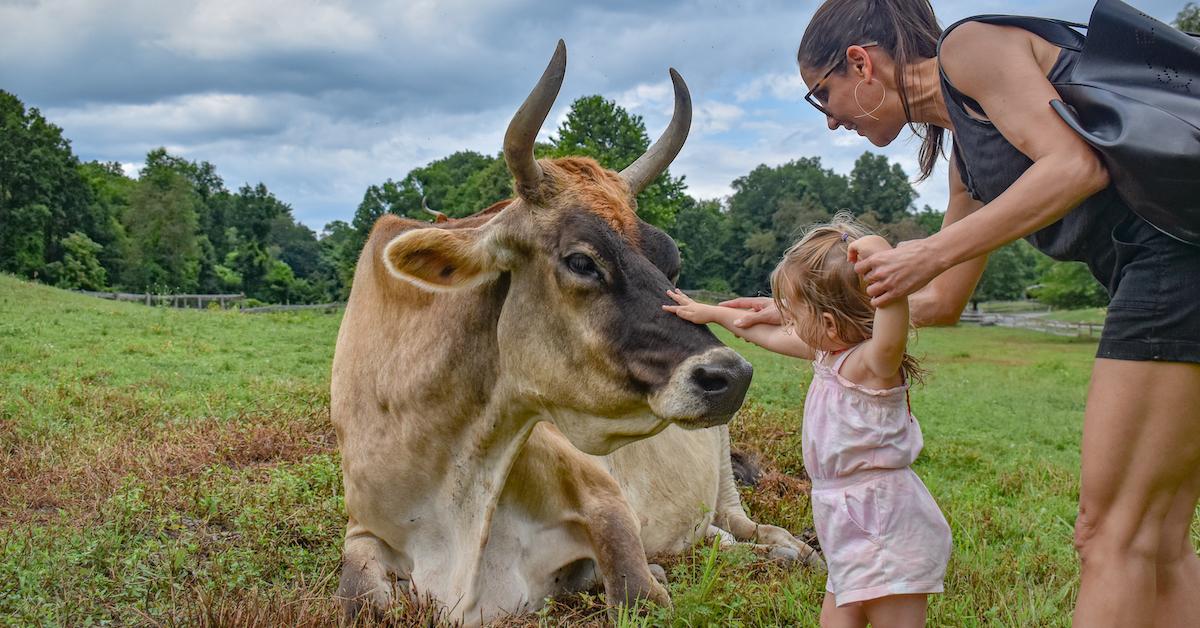
How to Celebrate World Vegan Month This November
Every Nov. 1, World Vegan Day kicks off World Vegan Month, and celebrates the vegan lifestyle.
The Ultimate Guide to Vegan Candy for a Sweet Halloween 2024
Many Halloween candies you know and love happen to be vegan.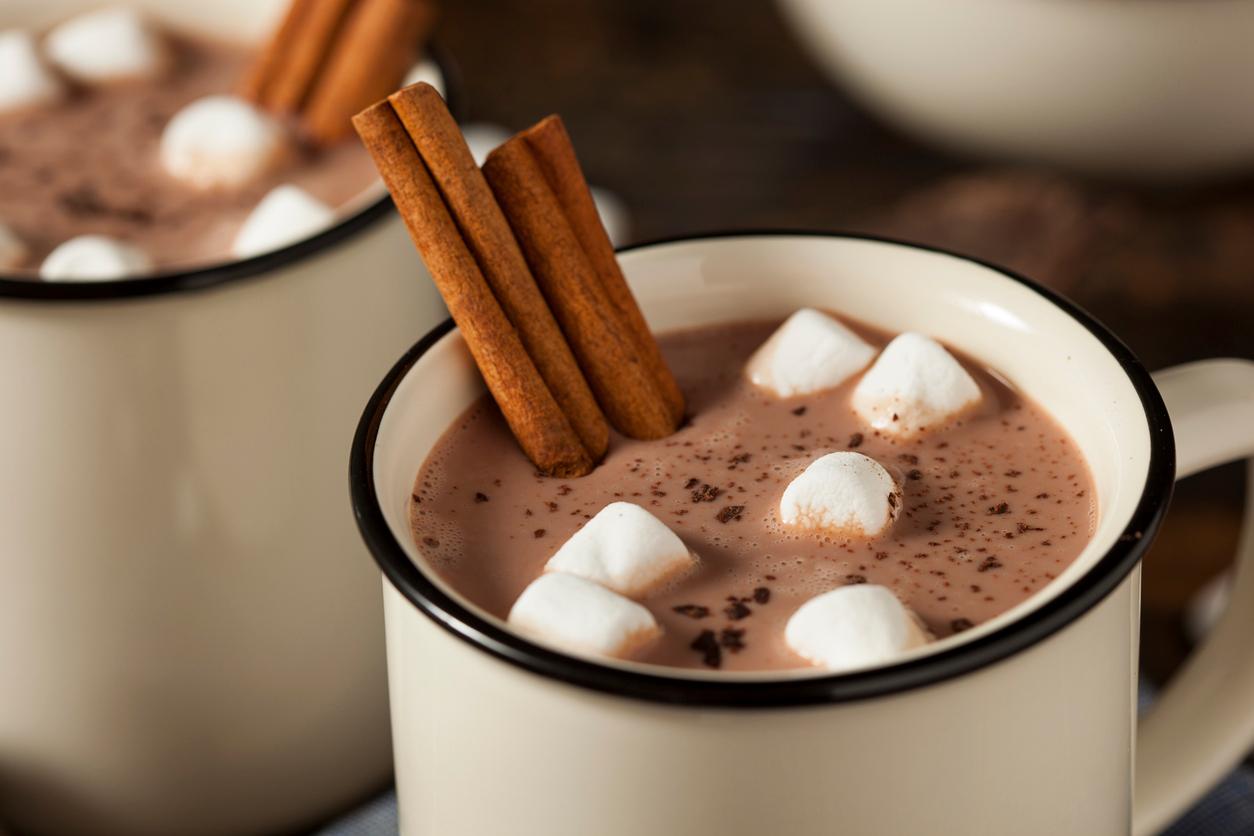
This Gross Ingredient Means Most Marshmallows Aren't Vegan
If you maintain a vegan lifestyle, you know that not all marshmallows are ethical to consume. Let's explore what makes a vegan marshmallow unique.
Looking for All-Natural Toothpaste? These 5 Vegan Brands Are as Close as It Gets
These popular plant-based, flouride-free natural toothpastes fight plaque, promote healthy gums, and taste great. Some are even zero waste.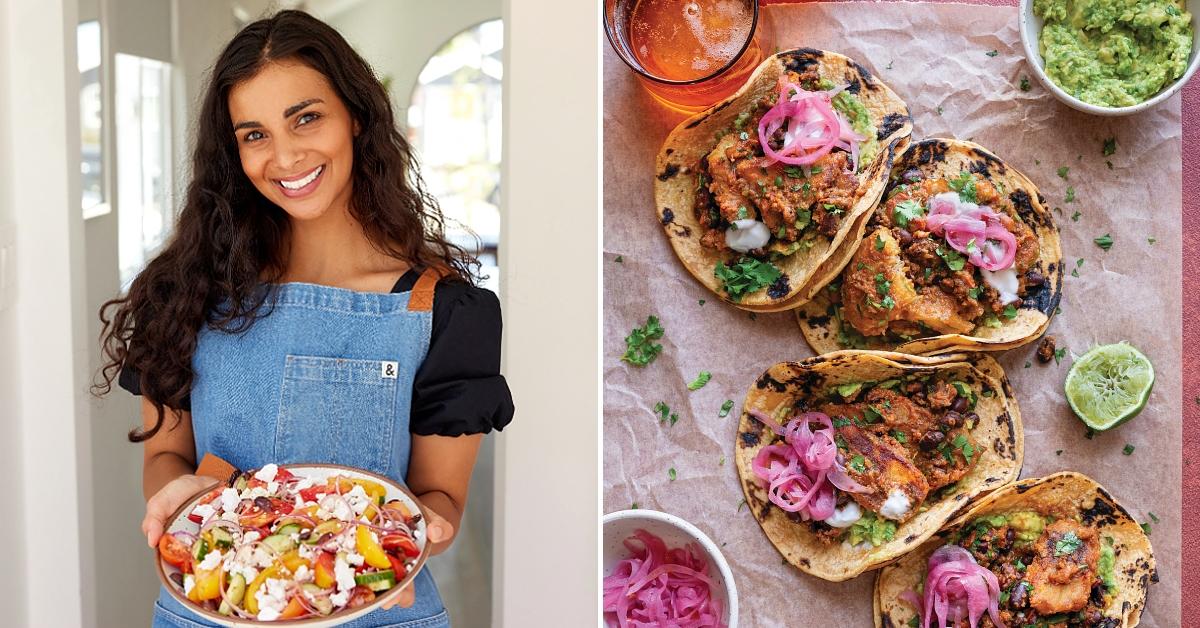
Nisha Vora's Debut Cookbook 'Big Vegan Flavor' Shows How Luscious Plant-Based Food Can Be (Exclusive)
In an interview with Green Matters, vegan blogger Nisha Vora discussed her new cookbook, Big Vegan Flavor, as well as the "fundamental principles" of plant-based cooking.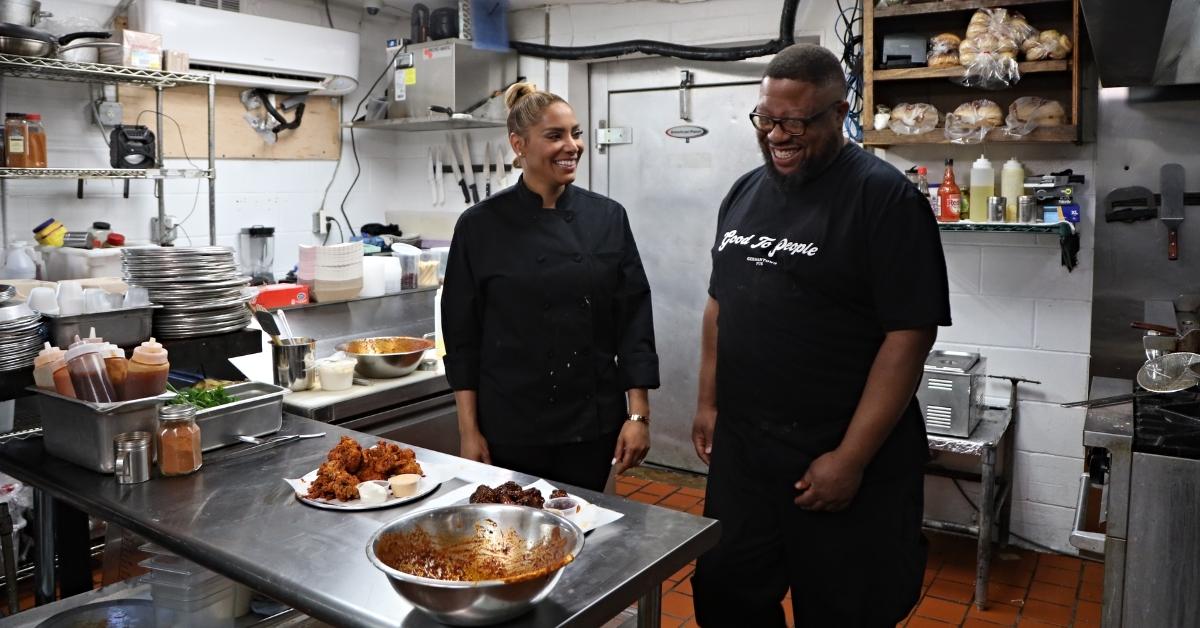
Celeb Chef Charity Morgan Brings Vegan Cooking to Southern Meat-Eaters in Max Special (Exclusive)
In an interview with 'Green Matters,' vegan Chef Charity Morgan talked bringing plant-based comfort food to Nashville in her Max special, 'Unbelievably Vegan With Chef Charity.'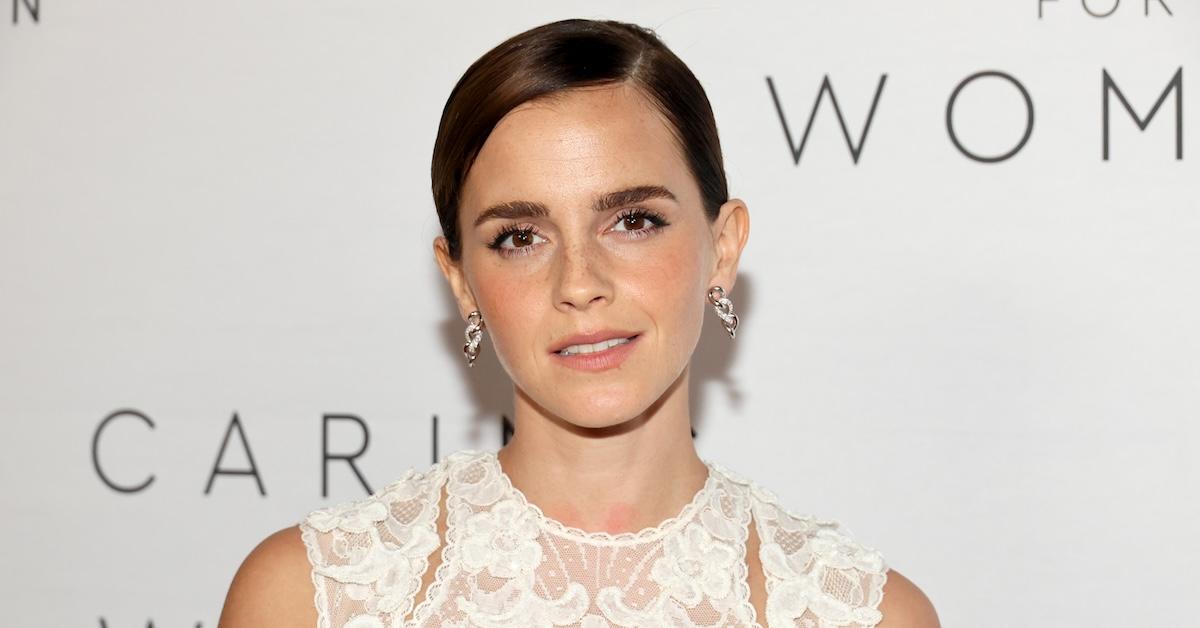
Is Emma Watson Vegan? Here’s Everything We Know About the Star’s Diet and Lifestyle
Emma Watson does not adhere to a vegan diet, but the famous actress does prioritize sustainability and environmental activism.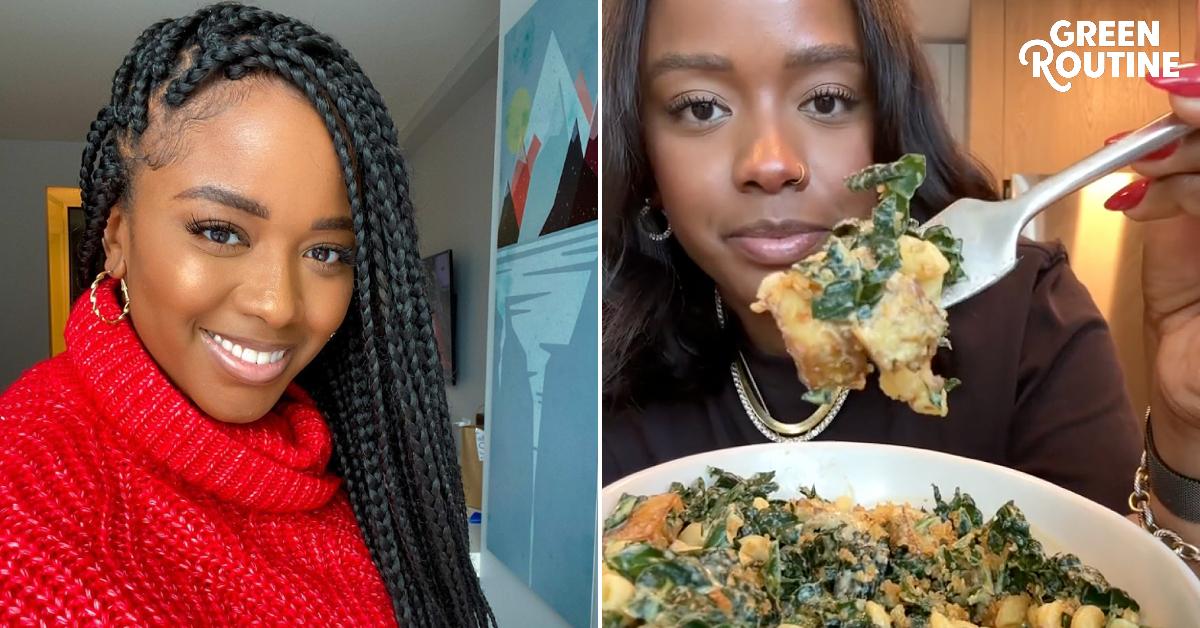
Sweet Greens Vegan Is "Not Here to Convert You," but to Make Plant-Based Eating More Fun (Exclusive)
In an interview with Green Matters, vegan influencer Shakayla Felice — aka Sweet Greens Vegan — shared tips for plant-based living and staying sustainable in the kitchen.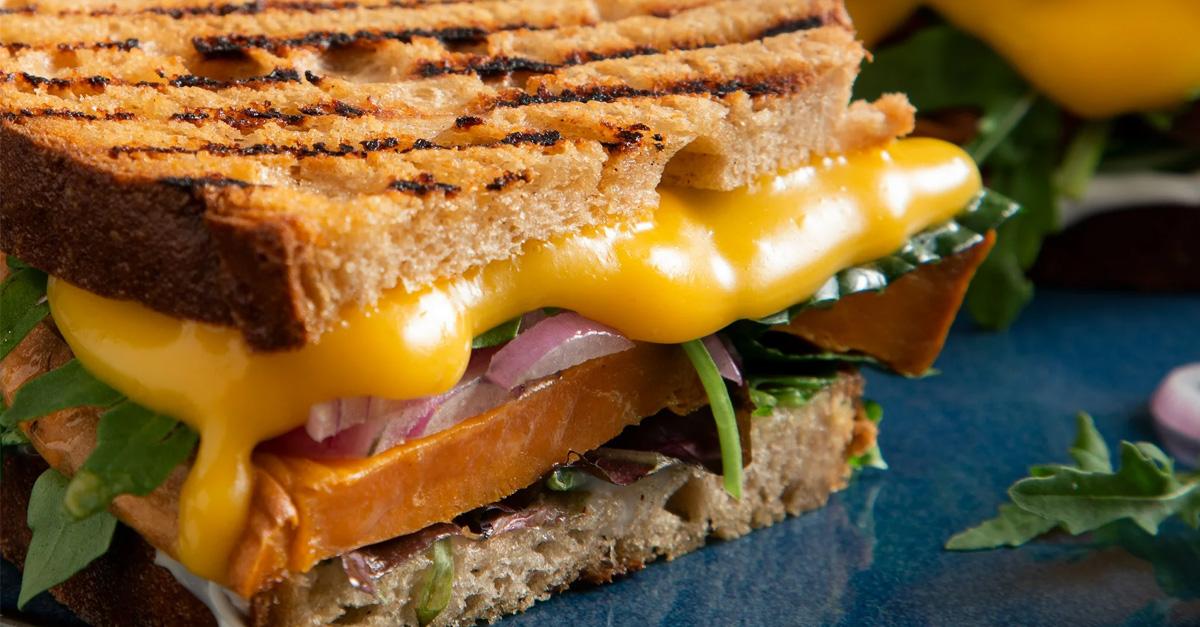
5 Editor-Approved Vegan Cheeses So Creamy and Delish, You'd Think They're Dairy
Ingredients like cashew milk, coconut oil, and tofu make these vegan cheese alternatives perfect for sandwiches, pizzas, pastas, and more.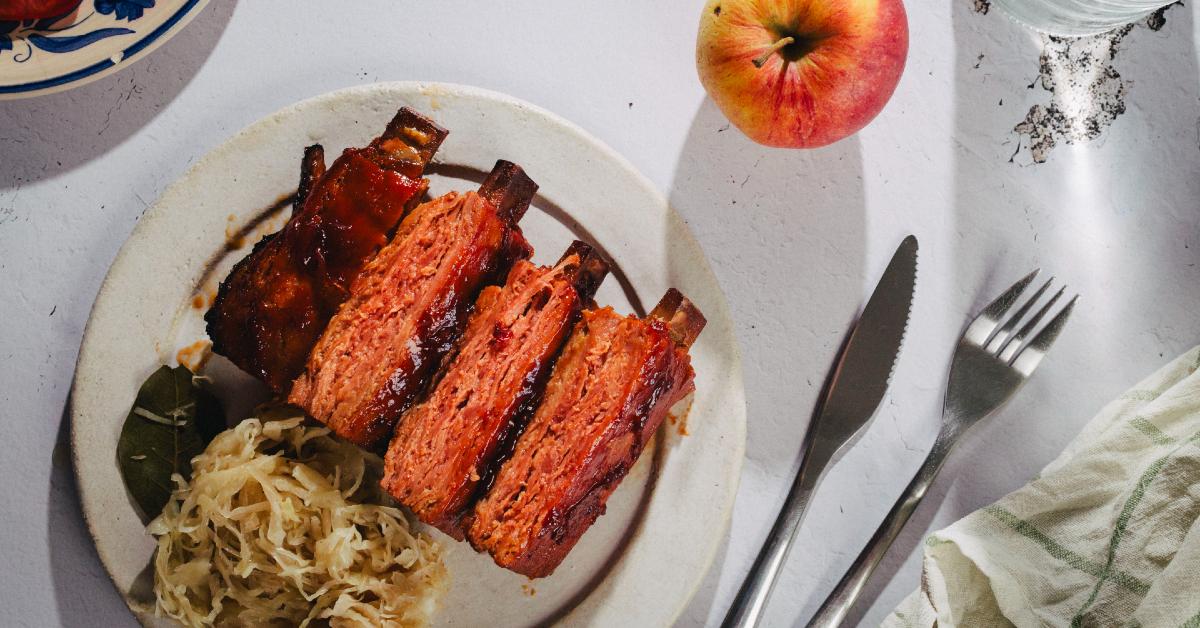
Baby Got Soy: Juicy Marbles Unveils Plant-Based Baby Ribs on the Bone (Exclusive)
In an exclusive interview with Green Matters, Juicy Marbles co-founder Vladimir Mićković discussed plant-based Baby Ribs, sustainability, and appealing to everyone.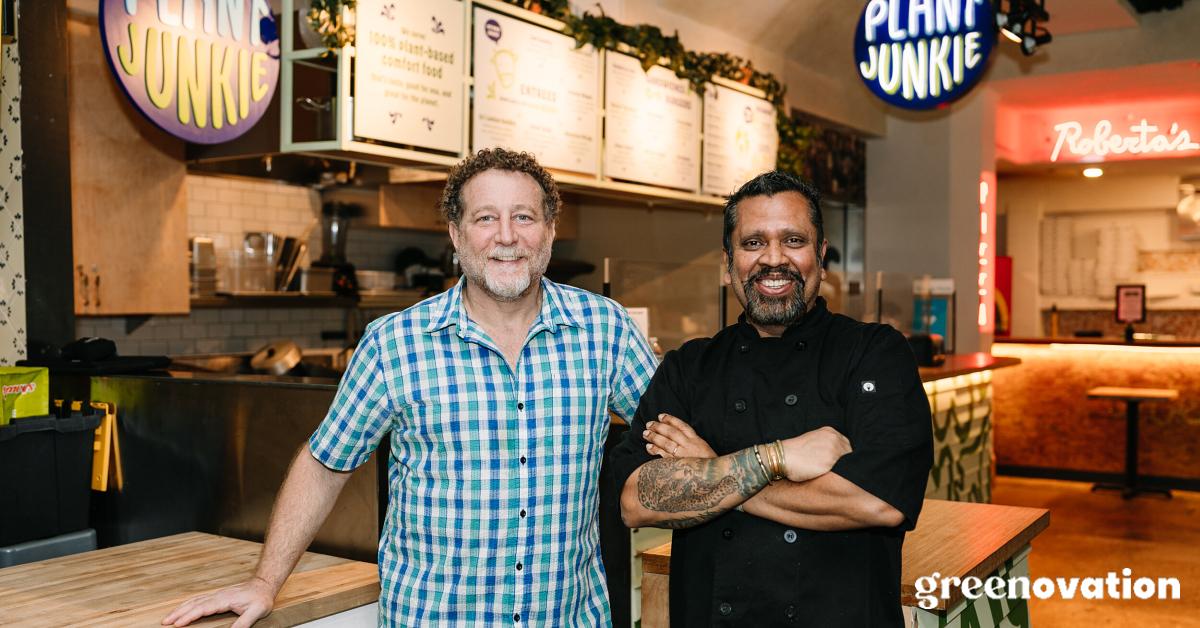
Chef Hiranth Jaysinghe on His NYC Restaurant Plant Junkie: "The Future For Plant-Based Food Is Very Good" (Exclusive)
In an exclusive interview with 'Green Matters,' Chef Hiranth Jaysinghe discussed how his Front Street NYC restaurant Plant Junkie offers diverse and tasty vegan options.
'Bake Off' Star Ruby Bhogal's Debut Cookbook Offers "Deliciousness For Every Single Person" (Exclusive)
In an exclusive interview with Green Matters, 'The Great British Baking Show' star Ruby Bhogal gets candid about her new inclusive cookbook, 'One Bake, Two Ways.'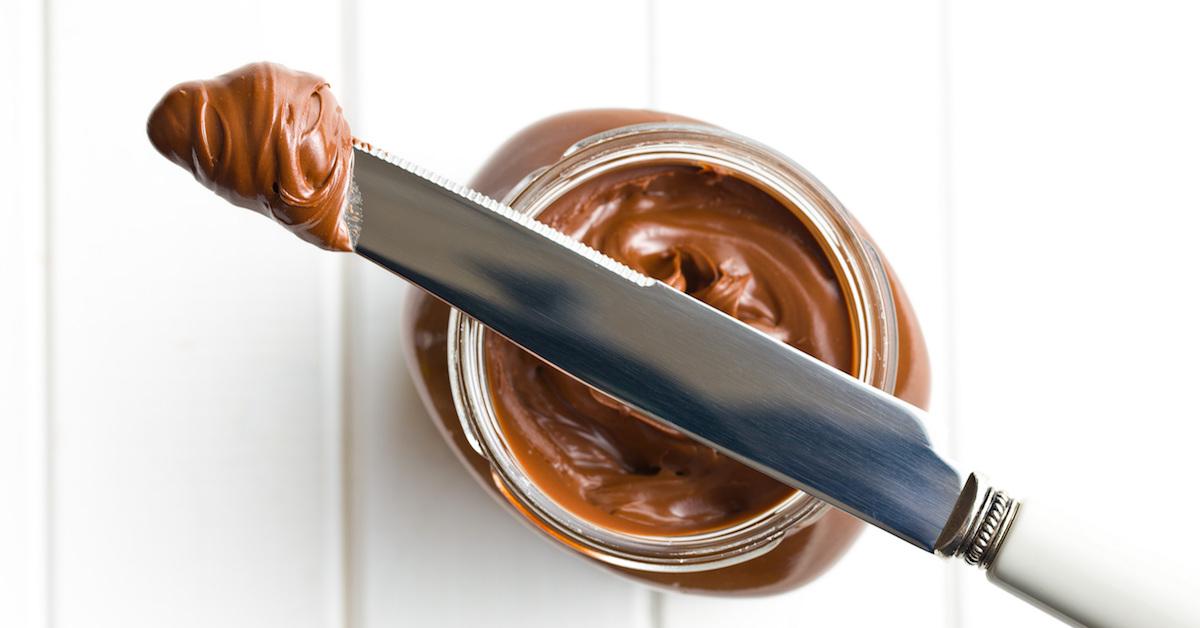
Nutella Is Finally Releasing a Vegan Version — Plus, Other Vegan Hazelnut Spread Offerings
In 2024, Ferrero, the maker of Nutella, announced it would create a vegan version of the spread — plus, other vegan nutellas for your cravings.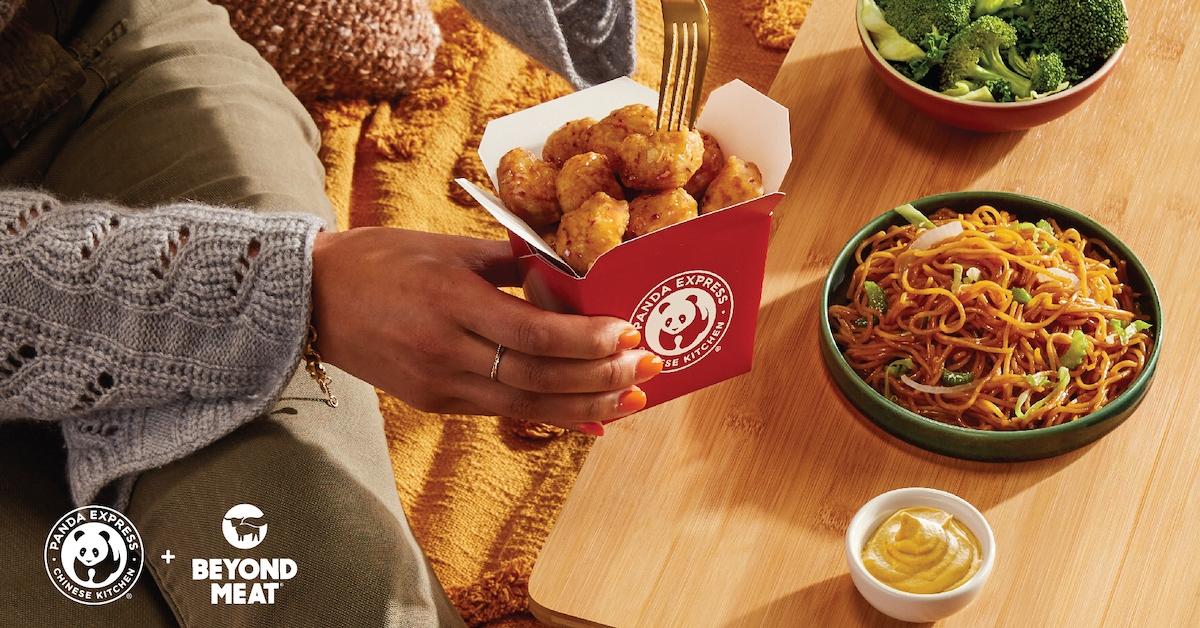
Finally! Panda Express Is Bringing Back Vegan Orange Chicken Nationwide
Panda Express' Beyond the Original Orange Chicken has been a customer favorite for years, so plant-based folks are anticipating the release of a vegan version.
These Are Our Favorite Fair Trade Chocolates That Are 100 Percent Vegan
These dairy-free chocolates are ethically made and absolutely decadent — from creamy bars and peanut butter cups to road trip-friendly bark.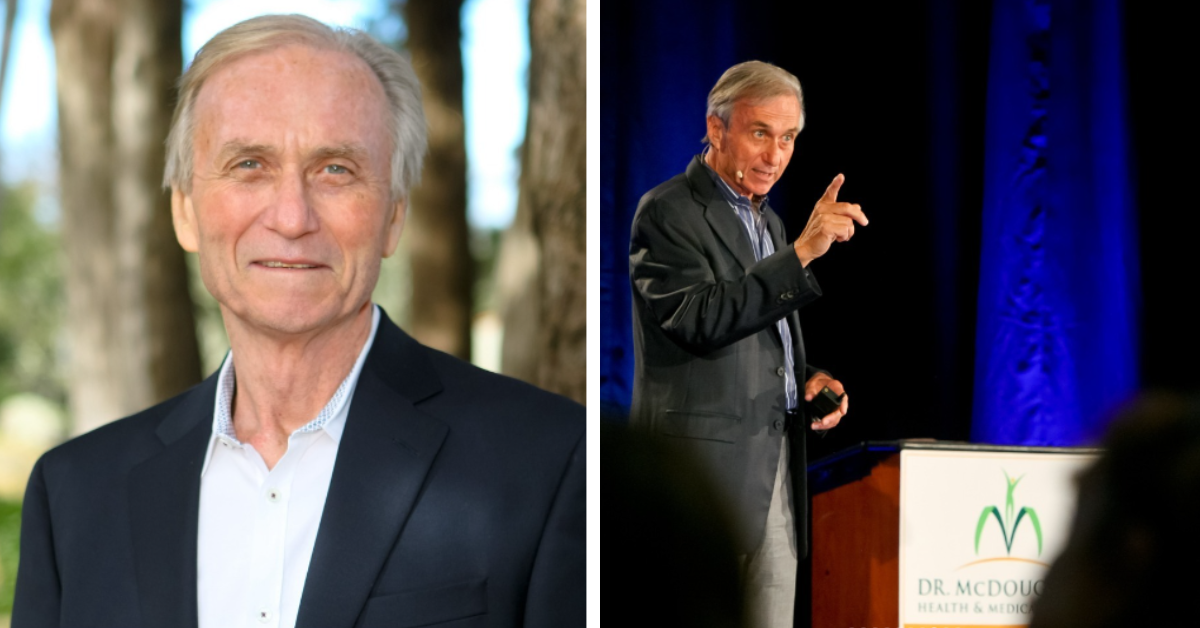
Noted Plant-Based Doctor Dr. John McDougall Dead at 77 — What Was His Cause of Death?
Plant-based physician Dr. John McDougall has died at the age of 77 after spending a lifetime promoting a high-starch vegan diet.
6 Amazing LGBTQ-Owned Plant-Based Eateries Across the U.S. (Exclusive)
Green Matters exclusively spoke with the owners of Lagusta's Luscious Café and Dulce Vegan Bakery & Café in honor of Pride Month.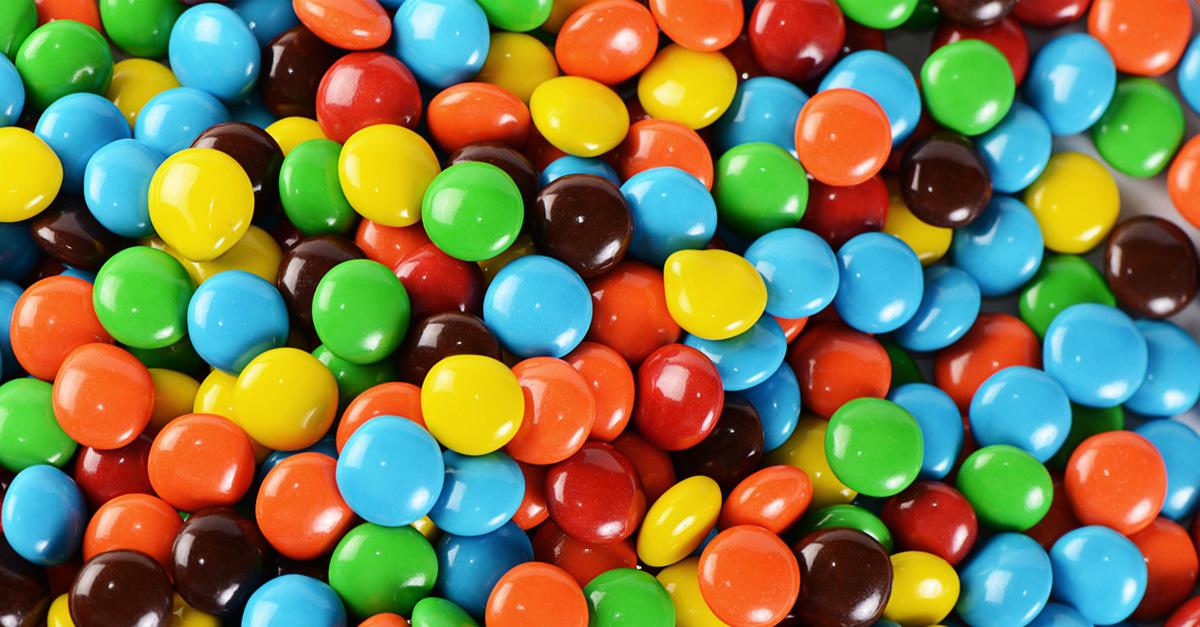
Vegan M&M's Exist and They're "Addictive Little Morsels" — Here Are 4 Brands To Try
Vegan M&M's pack all the sweet, crunchy punch of the original without any of the animal products, animal testing, or unethical labor conditions.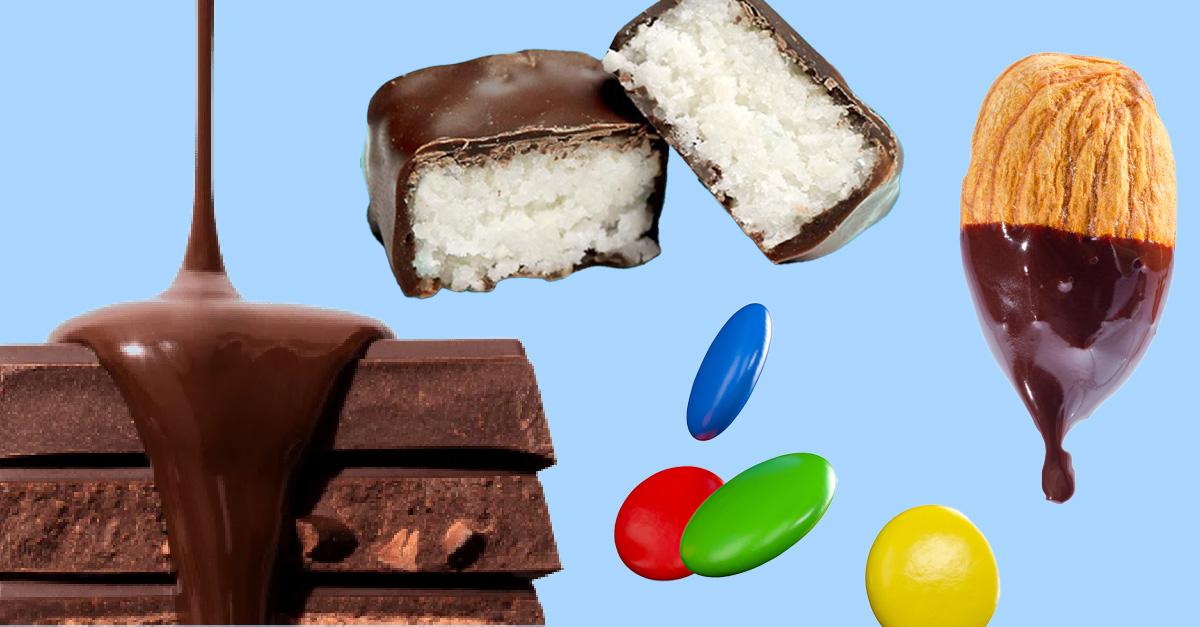
Sweet! These Plant-Based Chocolate Snacks Are Dairy-Free, Delicious, and Ethically Made
Each one of these plant-based chocolate bars and chocolate-covered snacks has no animal products and adheres to fair trade practices.
Why Some Vegans and Vegetarians Won't Eat Margarine
Most margarines contain no animal byproducts but not all butter alternatives are considered vegan.
Has Joey Chestnut Gone Vegan? Champion Banned From the Nathan's Hot Dog Contest
Nathan's Hot Dog's decision to ban Joey Chestnut from a 2024 contest has people wondering if the hot dog eating champ has gone vegan.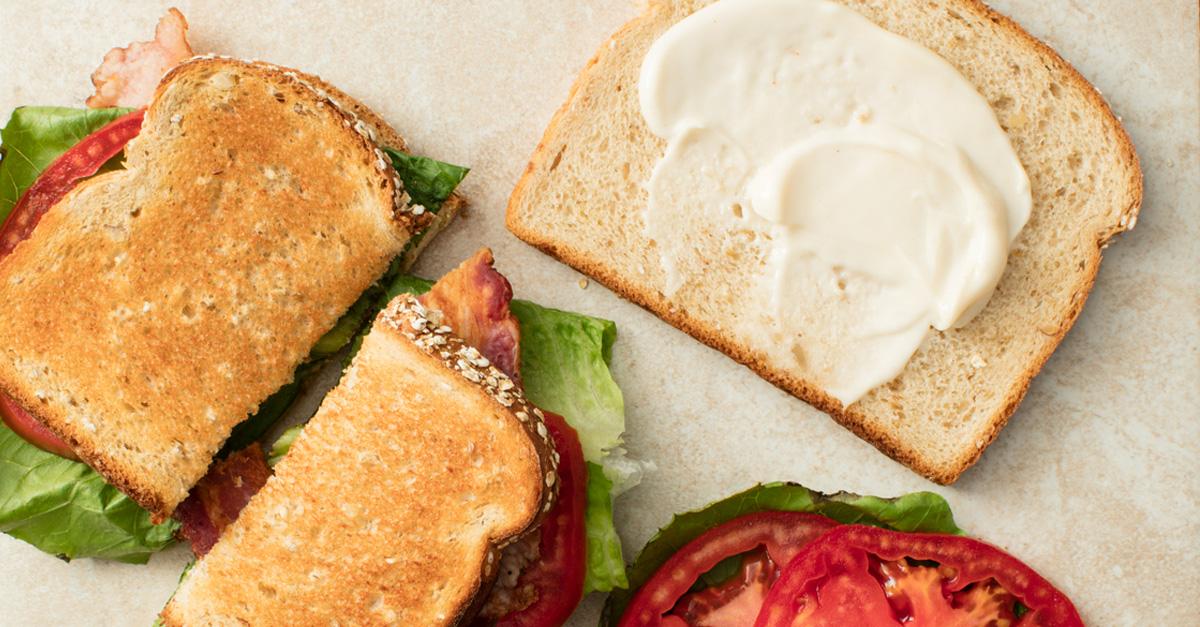
The Best Vegan Mayo Is Among These 5, According to Popular Tastemakers
Regular mayo includes eggs, but these buzz-worthy vegan mayos use plant proteins to achieve strikingly similar tastes and textures.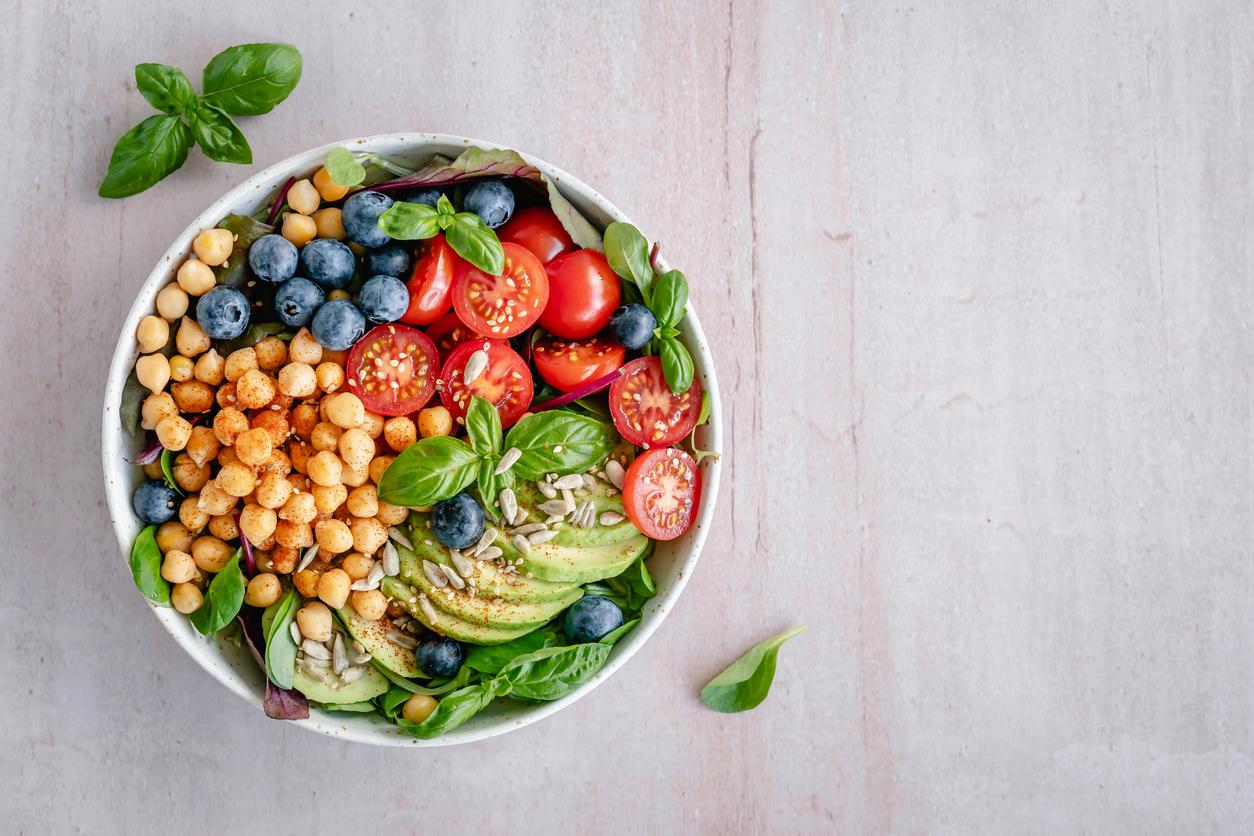
Want to Add More Color to Your Diet? Try These 10 Nutrient-Packed Vegan Summer Salads
Whether you like cherries, kale, or cucumbers, there’s a summer salad for everyone — here are 10 of our favorite recipes.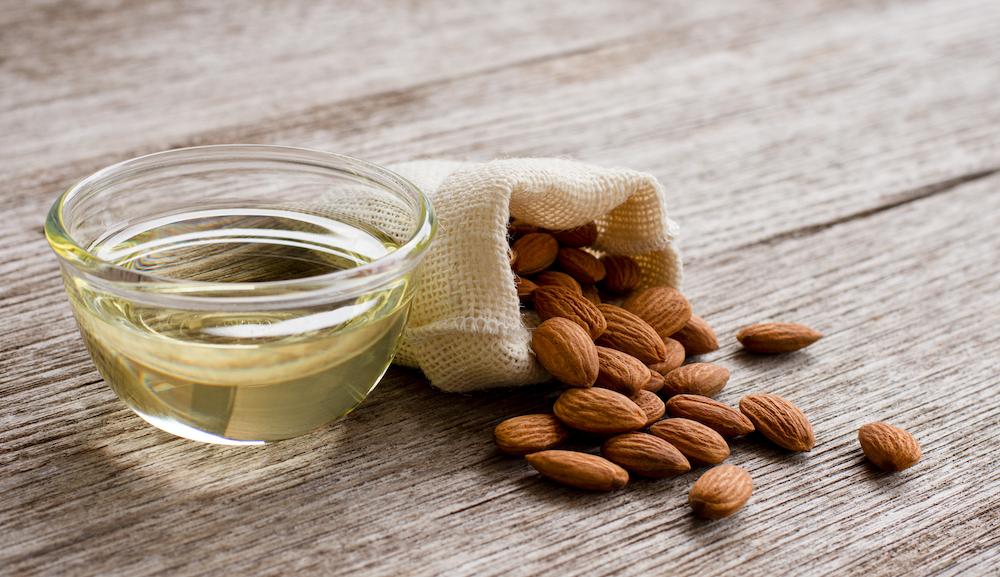
Here's How Much Water Almond Trees *Really* Use — Hint: Way Less Than Dairy
The amount of water it takes to grow one almond may actually surprise you, considering just how popular almond milk has become.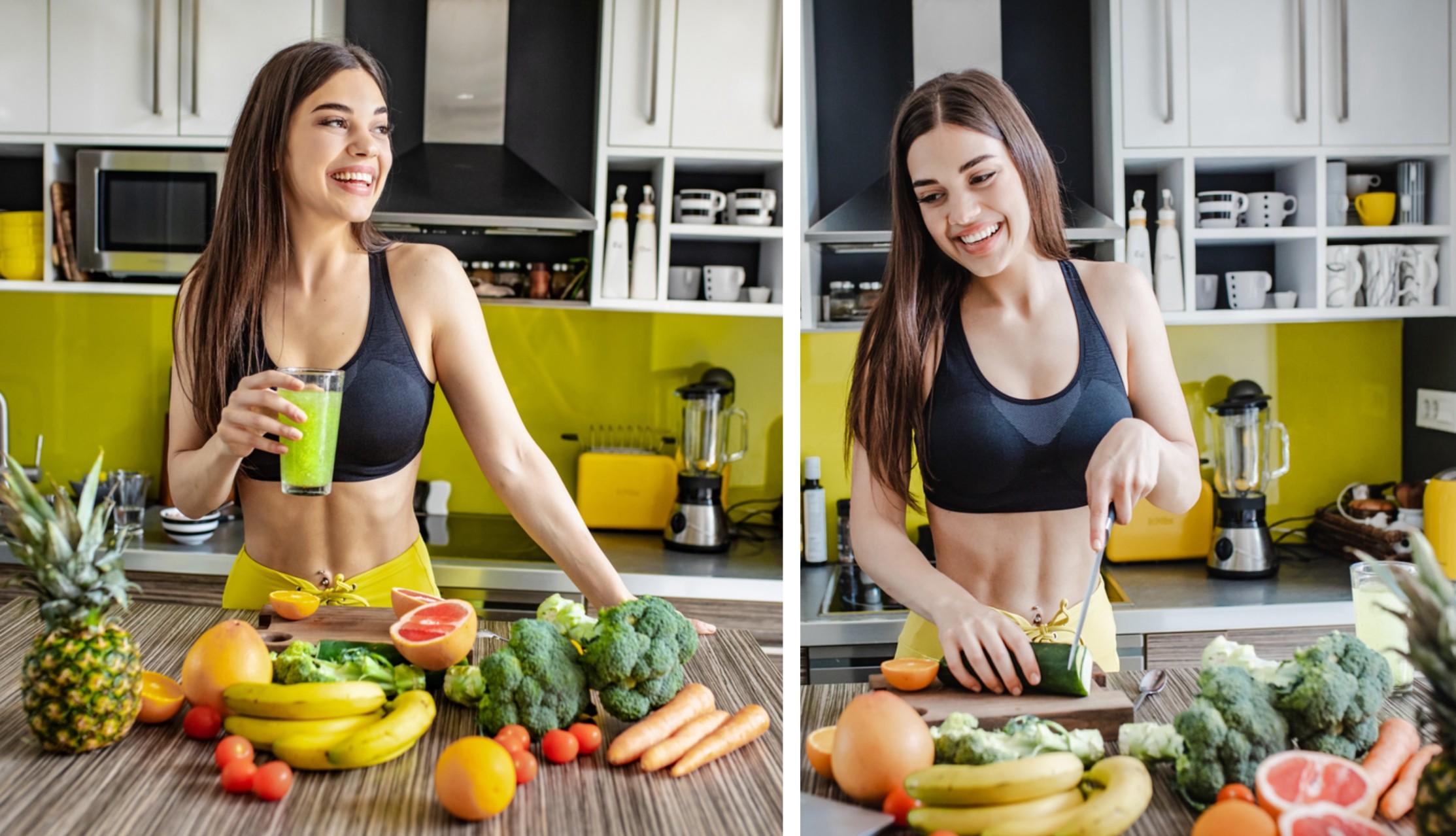
We Asked a Dietitian: How to Build the Ultimate Plant-Based Meal Plan for Athletes (Exclusive)
David Goldman, a sports dietitian, shares his research and expertise to formulate the perfect plant-based athlete meal plan.
Unsweetened, Plant-Based Protein Powder — That Doesn't Taste Gross!
There are some highly-rated, plant-based, and tasty protein powders without artificial sweeteners out there — that don't taste like chalk.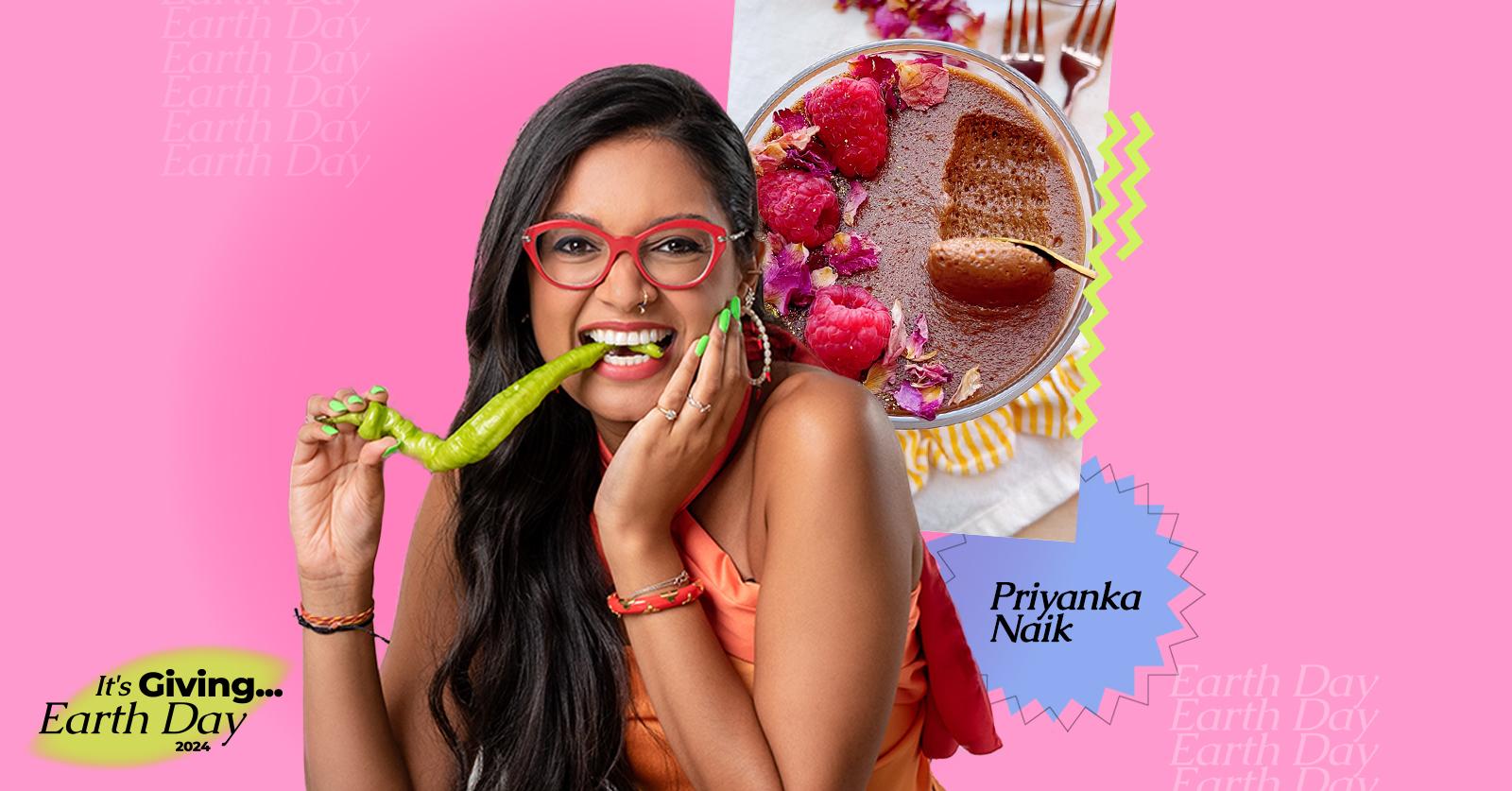
It's Giving... Chef's Kiss: How Chef Priyanka Naik Makes Food From Waste (Exclusive)
Mango skin, watermelon rinds, carrot tops... none of this is waste to Chef Priyanka Naik! The vegan chef speaks exclusively with Green Matters about her low-waste cooking style!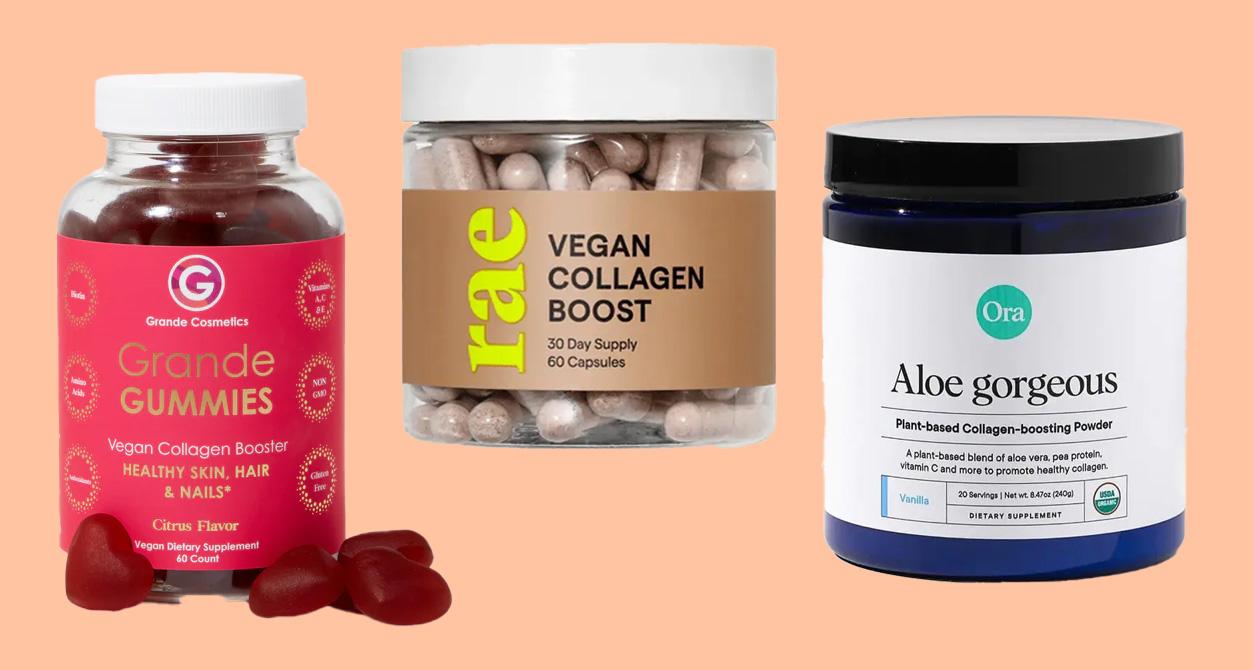
The Best Vegan Collagen Supplements for a Guilt-Free Glow from Head to Toe
The best vegan collagen supplements on the market include powders, pills, and gummies that nourish your skin, hair, nails, and even your joints.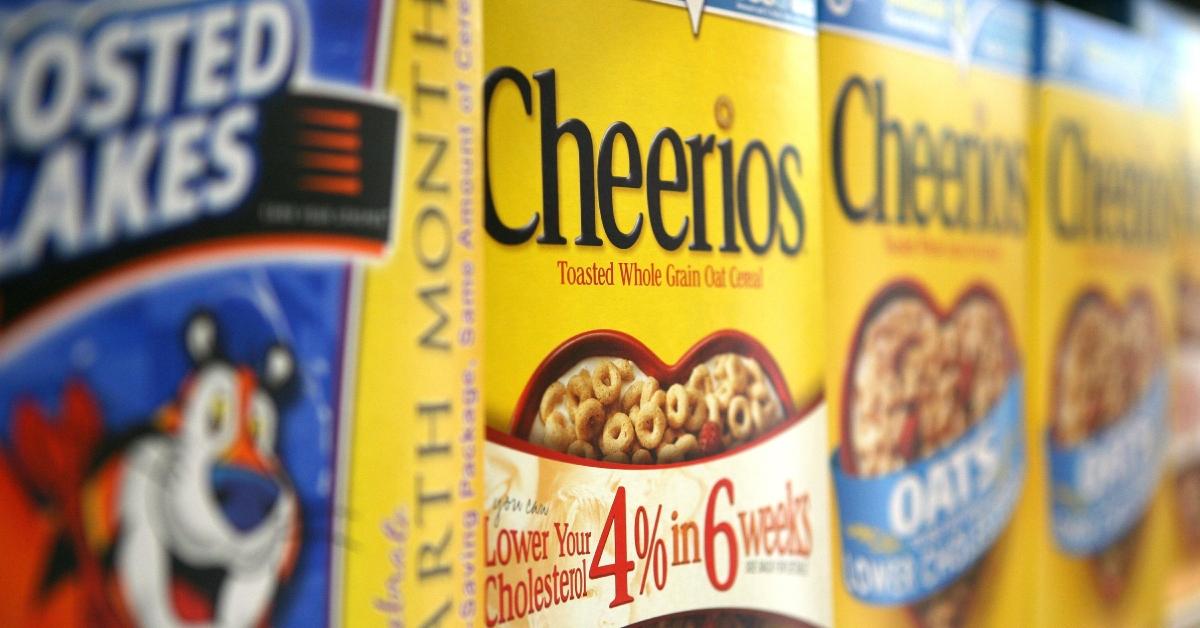
Your Cheerios Might Not Be Vegan Depending on Where You Live — Here’s Why
If you are vegan and one of your favorite cereals is Cheerios, you may want to look at the ingredients, because they might not be vegan.
Is Tobey Maguire Vegan? The Animal Lover Listens to His Spidey Senses
We know 'Spider-Man' is a masked hero who sticks up for the little guy, but does Tobey Maguire feel the same way about animals? Here's what we know about his vegan diet.
"I Just Think It's Better for the Planet" — Cillian Murphy Is Embracing Vegan Diet
After a groundbreaking performance in 'Oppenheimer,' Cillian Murphy has told the public that he is “trying the vegan thing.”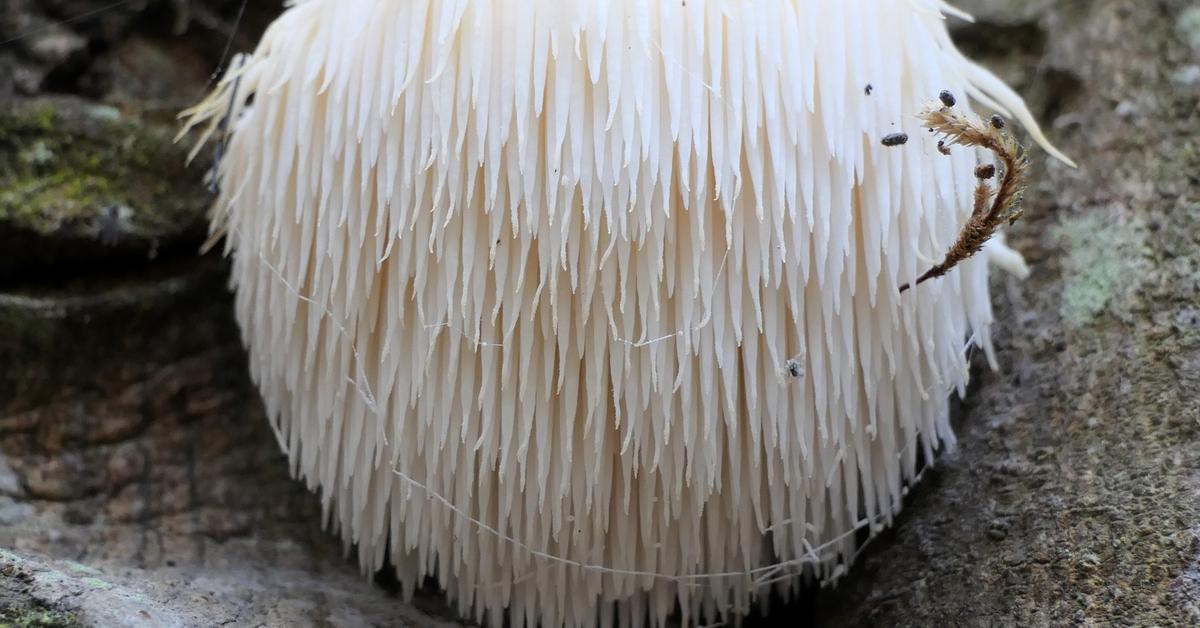
How Lion's Mane Can Be Good for Your Body, Mind, and Spirit
Lion’s mane mushrooms have endless benefits for our health — and these can help support your spiritual side.
Delicious and Nutritious: 7 Vegan School Lunch Ideas to Keep Kids Energized
Whether you have five minutes to pack a lunch or are looking to have fun in the kitchen, there's a vegan school lunch recipe here for you.
This Vegan Bacon From 'Shark Tank' Is Made With Just Five Ingredients (Exclusive)
In an exclusive interview with 'Green Matters,' Meat The Mushroom's co-founder discussed his king oyster mushroom bacon product and 'Shark Tank' experience.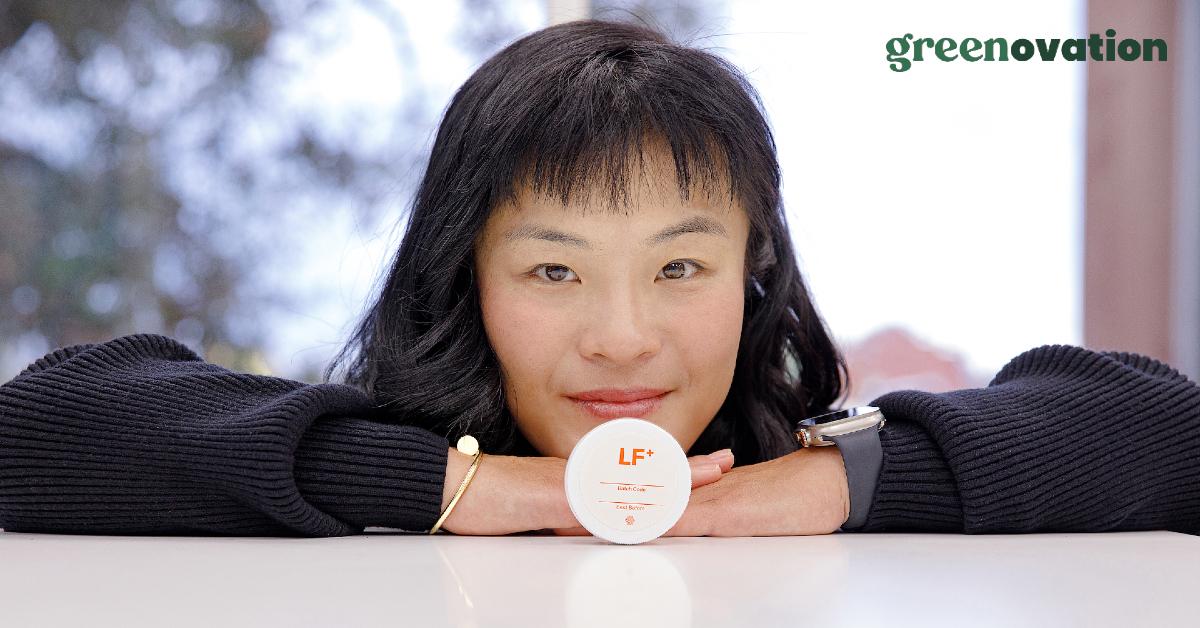
Digging For "Pink Gold": TurtleTree CEO Fengru Lin on the Magic of Vegan Dairy Lactoferrin (Exclusive)
Got vegan lactoferrin? In an exclusive interview with Green Matters, TurtleTree CEO and co-founder Fengru Lin discussed the company's certified vegan product, LF+.
Documentary 'I Could Never Go Vegan' Explores Why So Many Feel That Way
The documentary 'I Could Never Go Vegan' explores the “leading reasons why people refuse to stop eating animals.”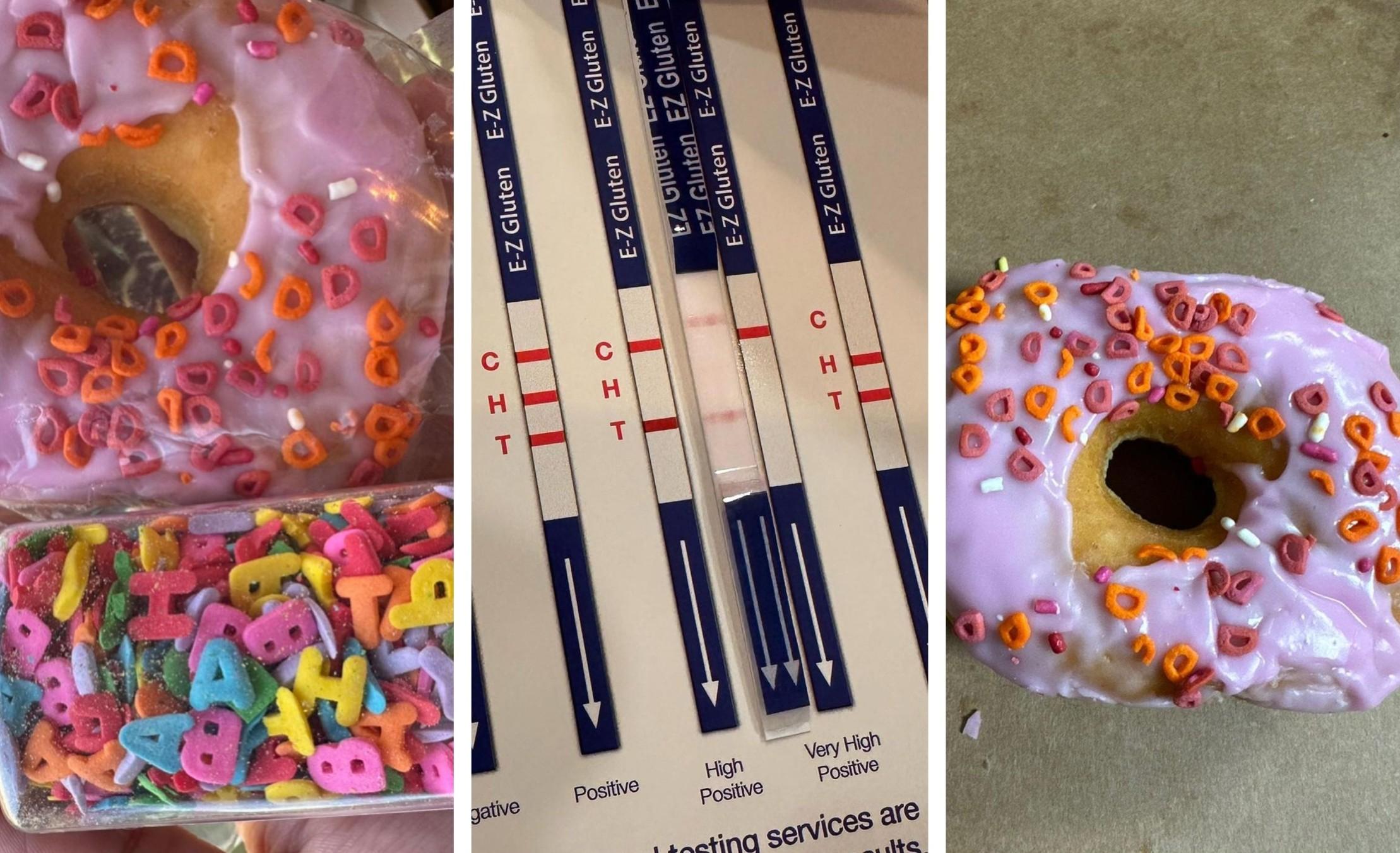
Long Island "Vegan" Bakery Caught Passing Dunkin' Donuts Off As Vegan and Gluten-Free
Cindysnacks has been a Long Island vegan staple since 2019, but the vegan shop discovered that the Savory Fig donuts it was serving were non-vegan Dunkin' donuts in disguise.